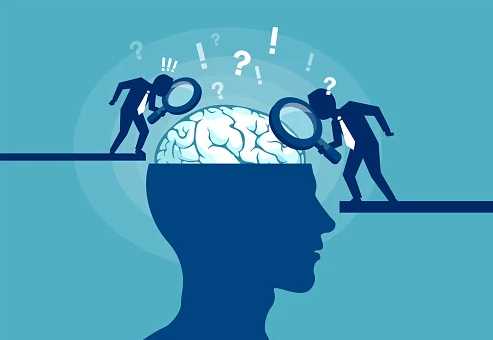Psychology has been around for centuries, and has been practiced in one form or another since the days of ancient Greece. It wasn't until the late 19th century, however, that psychology began to be seen as a science. The field of psychology has come a long way since then, but there are still some who question whether or not it can truly be considered a science. The question of whether psychology can become a science is a controversial one.
Some people argue that it already is a science, while others contend that it cannot be considered a science because it relies too heavily on subjective experience. The debate over whether psychology is a science has been going on for many years, and there is no clear consensus.
However, there are some key points that can be made on both sides of the argument.
There are many good reasons to believe that psychology can be a science.
- Those who argue that psychology is a science point to the fact that it is an empirical discipline, meaning that it relies on observation and experimentation to test hypotheses. Psychology also uses the scientific method, which is a systematic approach to research that is used in other sciences such as physics and biology.
- One reason is that psychology has made great strides in recent years in developing methods and techniques for measuring and quantifying human behavior.
- Another reason is that psychology is constantly evolving and growing, as our understanding of the human mind and brain grows.
- Finally, psychology is an important part of our lives, and its insights can help us to understand and improve our own lives.
There are a few main reasons why some people feel that psychology cannot be a science.
- Those who argue that psychology is not a science contend that it is too reliant on subjective experience. They point to the fact that many psychological phenomena, such as human emotions, cannot be directly observed or measured. They also argue that psychology is not as systematic as other sciences, and that it relies too heavily on introspection and interpretation.
- One reason is that psychology deals with the study of human behavior, which is inherently subjective. This means that it can be difficult to measure and quantify psychological phenomena in the same way that we can measure and quantify physical phenomena.
- Another reason is that psychology often relies on case studies and anecdotal evidence, rather than on controlled experiments.
There are many different ways to study psychology
- Experimental psychologists use experiments to study the human mind. They often use animals in their experiments, because they can be controlled more easily than people.

- Observational psychologists study people's behavior in naturalistic settings. They may observe people in their homes, at work, or in other settings.
- Psychologists also use surveys to study people's thoughts and feelings. Surveys can be used to study how people feel about a particular topic, such as politics or religion.
- Psychologists use a variety of methods to analyze data. They may use statistical methods, such as regression analysis, to examine data. They may also use qualitative methods, such as interviews, to gather data.
- Psychologists strive to understand the human mind and behavior. They hope that their research will help to improve the lives of people.
The truth is that there are both strengths and weaknesses to the argument that psychology is a science. It is important to remember that science is an ongoing process, and that our understanding of the world is constantly evolving. As our knowledge of psychology grows, we may find that it does indeed meet the criteria for being considered a science.